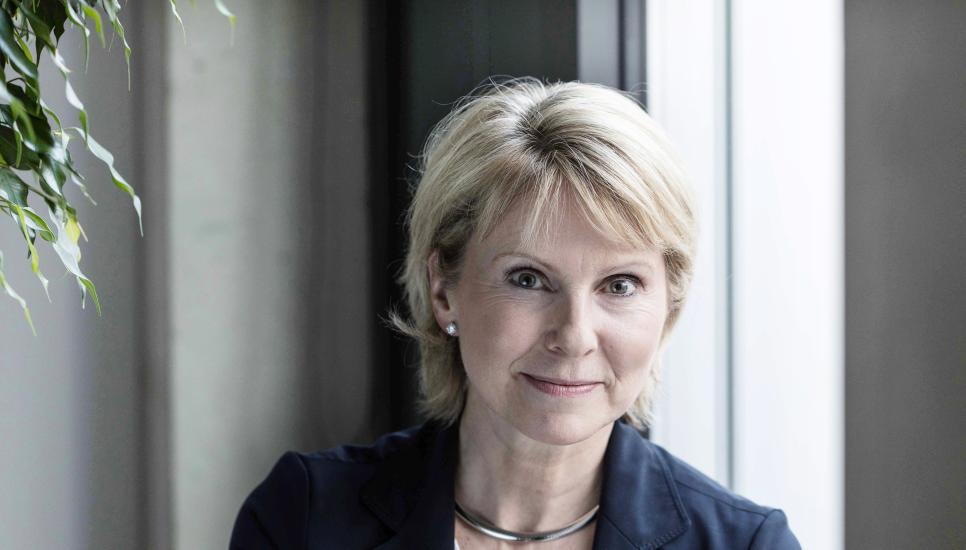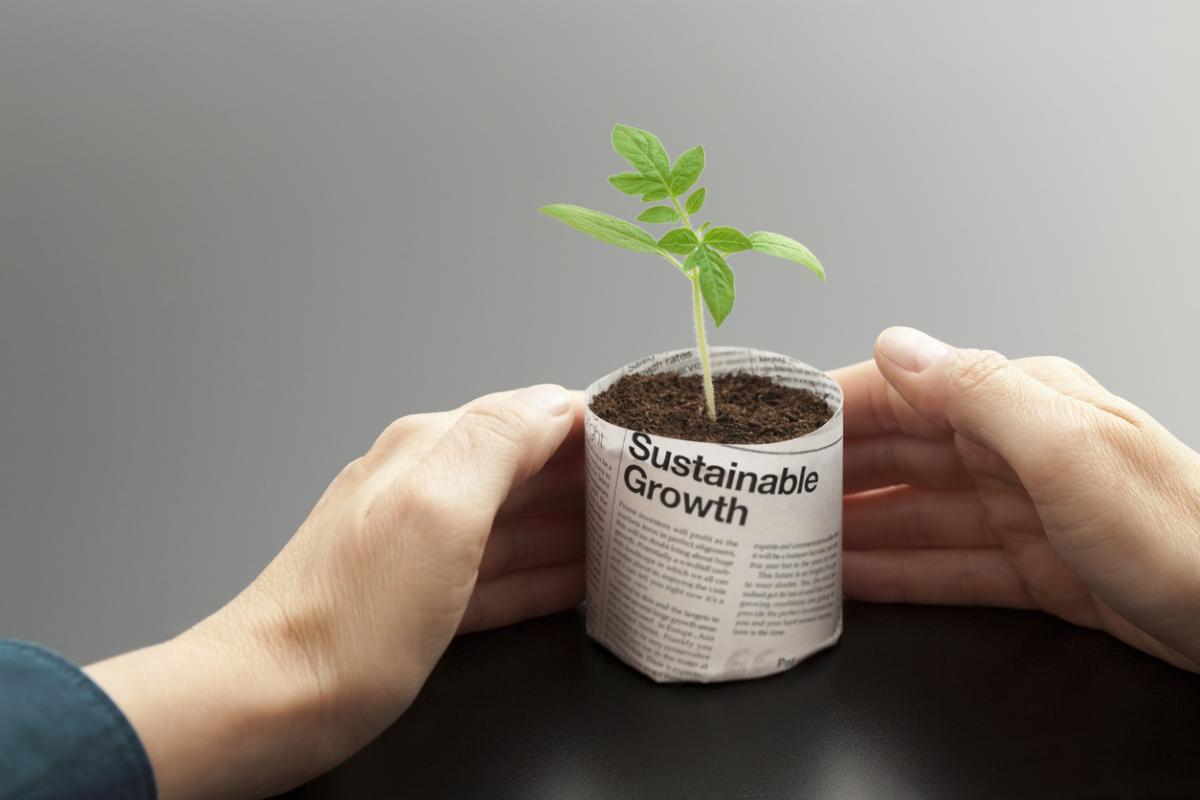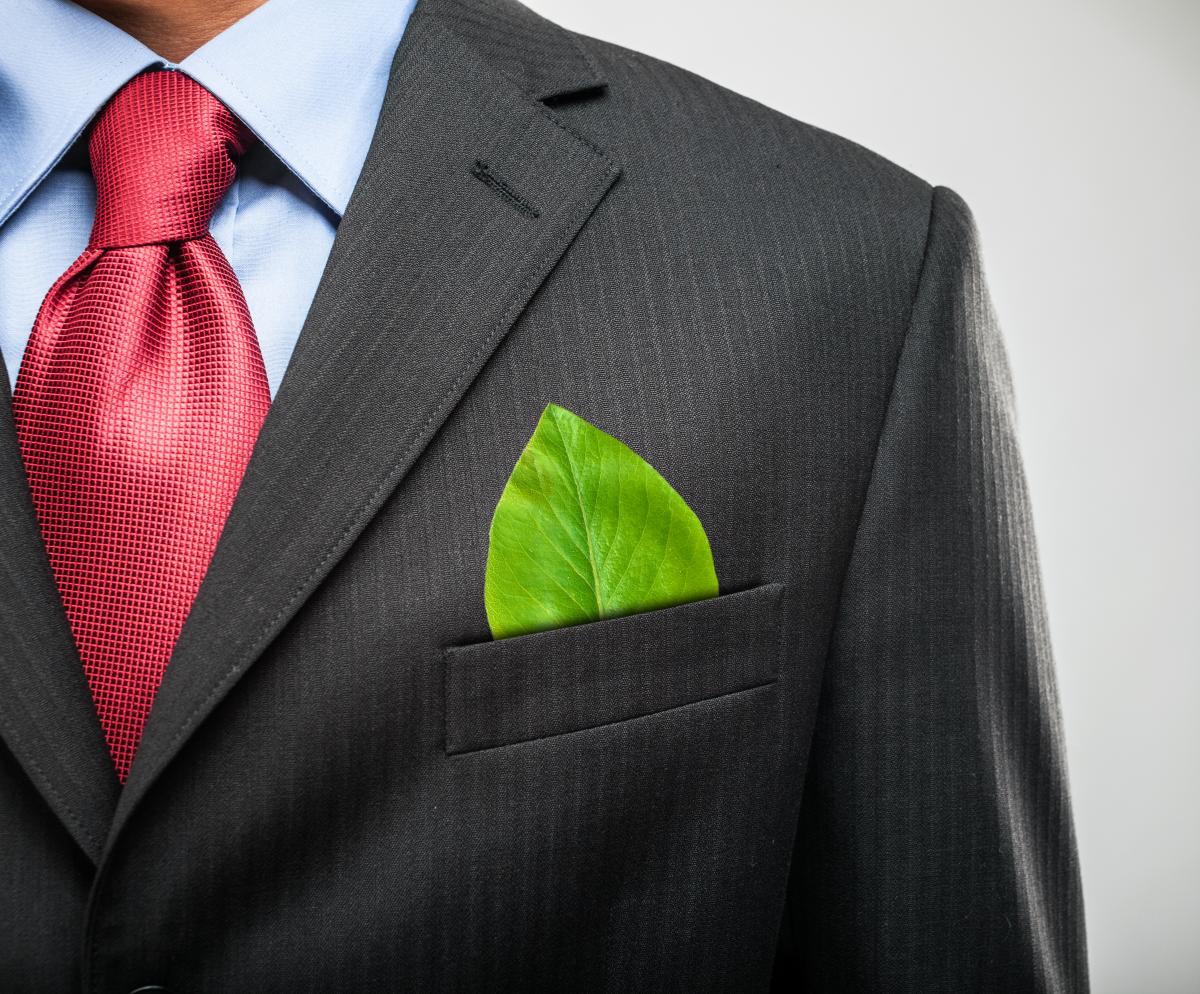Making sustainable investing mainstream could be the key to solving the world's most critical problems

The year 2017 was when the world woke up to the plastics problem. Blue Planet II showed the world exactly where all the plastic was ending up—on our beaches, in the stomachs of whales and strangling our ocean life. In the United Kingdom, these images have sparked as much public outcry as what was felt during the Deepwater Horizon oil spill in 2010.
The response from the public and the world’s institutions has been significant. Governments are looking at interventionist measures to rid the world of single-use plastic—from plastic bags to straws to coffee cups.
Businesses are facing intense pressure to cut down their packaging and consumers are acting in their own small ways to make a difference.
Our clients in turn have also wanted to play their part—through sustainable investing, which aims to give people the opportunity for both strong returns while staying true to their values. Unlike traditional investing, it focuses on ‘doing good’ in the world, integrating societal concerns, personal values or an institutional mission into investment decisions.
 While a decade ago there was just a steady hum of interest in sustainable investing, it has now become a roar. Wealthy investors are actively seeking out ways to align their investments with their values. In fact, four in five (81%) are doing so, according to UBS Investor Watch, the largest recurring global study of high net worth investors.
While a decade ago there was just a steady hum of interest in sustainable investing, it has now become a roar. Wealthy investors are actively seeking out ways to align their investments with their values. In fact, four in five (81%) are doing so, according to UBS Investor Watch, the largest recurring global study of high net worth investors.
For this edition, we spoke to more than 5,000 investors across 10 markets about their views and adoption of sustainable investing.
For several years, sustainable investments had a poor perception when it came to financial returns. Most people thought there was a trade-off to align investments with their values. But today, we have overwhelming evidence that sustainable investing portfolios are good financial investments. In fact, out of more than 2,200 studies, over 90% conclude sustainability does not have an impact on returns.

Despite this, adoption has been slow. According to UBS Investor Watch, only 39% of investors surveyed globally have at least 1% of their assets in sustainable investments. But our findings also show promise of a future where sustainable investing will become the norm; almost half (48%) say they will have sustainable investments in just five years. In fact, two thirds are open to committing most, if not all their portfolio to sustainable investments.
Young wealthy investors have been driving this momentum. More than half (56%) of 18-34-year olds globally have sustainable investments, leading the charge in using their wealth to try and contribute to a better world. This is compared to just 27% among the 65+ age group.
This sustainable investing landscape is largely the same for family offices. Today, only 38% are engaged in sustainable investing, according to The Global Family Office Report 2018 by Campden Research with UBS. But what’s significant is that nearly half (45%) plan to increase their sustainable investments over the next 12 months, and more than a third (39%) predict this upwards trend will continue when the next generation takes control of their families’ wealth.

Environmental issues such as pollution, climate change and water are seen as the critical issues that sustainable investments can address.
But there is still a long way to go. Sustainable investing as a concept hasn’t yet hit the mainstream in many parts of the world. In some of the most developed markets, sustainable investing simply hasn't taken off yet. In the UK only 20% of investors surveyed invest sustainably.
Confusion is holding investors back. Among those who know the term, most find it nebulous and opaque. And the financial industry is often guilty of making sustainable investing harder rather than easier for clients to understand.
The financial industry needs to make it simple for investors, so that they can be reassured that their investments will have an impact on the causes that matter to them. We need to agree common definitions for sustainable investing and standardise terms and products.
 We already know there’s appetite for sustainable portfolios—at the World Economic Forum this year, UBS announced the first ever 100% sustainable cross-asset portfolios for private clients. This has already raised $2.4 billion in less than year.
We already know there’s appetite for sustainable portfolios—at the World Economic Forum this year, UBS announced the first ever 100% sustainable cross-asset portfolios for private clients. This has already raised $2.4 billion in less than year.
Private capital can have a huge role to play in addressing the world’s most critical challenges. Investors want to use their wealth to make a contribution to society. This goes beyond philanthropy, but to the very heart of the financial industry.
If we get this right—if we can prove that sustainable investing is desirable, as both delivering a return on values and a return on investments—private capital will help dramatically fast-track solutions that will reach all ends of the earth. The financial industry needs to open the door to make this possible.






